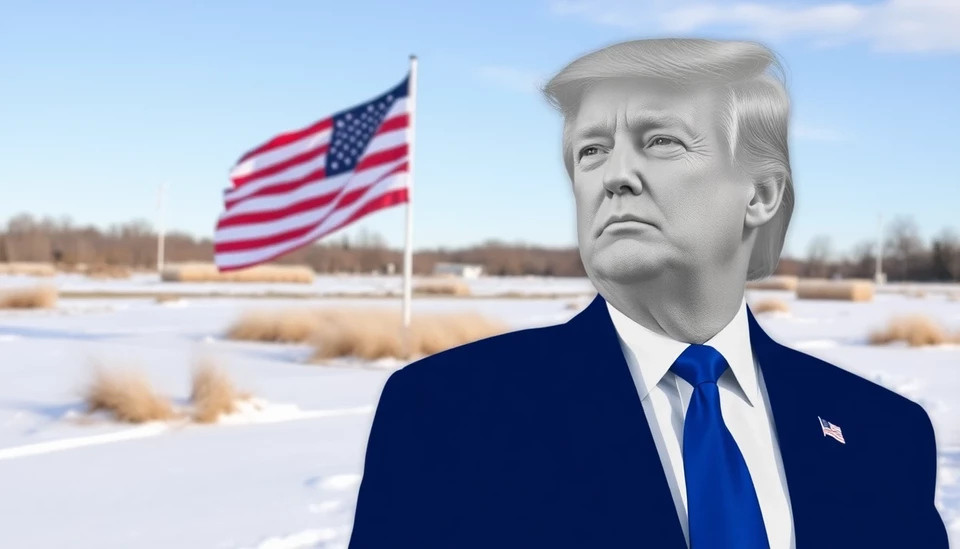
In a significant move that continues to reverberate through the energy sector, former President Donald Trump announced a freeze on spending and loan approvals for key energy agencies. This decision is part of a comprehensive review that aims to reassess the direction and priorities of these agencies in light of current economic conditions and national energy strategies.
The freeze primarily affects the Department of Energy (DOE), which plays a critical role in funding various renewable energy projects and research initiatives. Trump's directive raises questions about the future of these initiatives and their alignment with his administration's broader energy policy goals, which heavily lean towards traditional fossil fuels while showing skepticism towards renewable energy sources.
According to sources close to the matter, the review process is geared towards dismantling or re-evaluating the frameworks established under previous administrations, particularly those that have promoted clean energy investments. This has sparked a wave of concern among environmental advocates and green energy proponents who fear that crucial funding for innovation may be halted.
Trump's proposal comes amid ongoing debates about climate change and energy independence in the United States. By focusing on a review, the former president aims to ensure that taxpayer dollars are being spent effectively and in alignment with what he deems to be national interests. Critics argue, however, that such a review could derail progress toward renewable energy adoption, exacerbating the already existing tension between the fossil fuel industry and emerging green technologies.
The ramifications of this spending freeze could be extensive. Agencies that rely on federal funding for projects aimed at reducing carbon emissions and improving energy efficiency might face significant delays or even cancellations. Additionally, startups and innovators in the clean energy sector could find themselves seeking private funding in an effort to sidestep the uncertainties created by this government policy shift.
Stakeholders across the energy sector are closely monitoring these developments, anticipating both the expected outcomes of the review and its potential impact on long-term energy strategies in the U.S. Many investors and advisors are urging caution, reminding entities that sustained growth in the clean energy market often relies on consistent government support and funding.
As this situation unfolds, the energy community watches in anticipation to see how the freeze and review will both shape the future landscape of energy production in the United States and how it may recalibrate the nation’s commitments to international climate agreements. The decision could ultimately influence not just the domestic energy economy, but also the U.S.'s role in global climate action efforts.
This latest policy action encapsulates the broader ideological battle over energy in America—between traditional fossil fuel interests, which have long enjoyed substantial federal support, and the emerging clean energy economy that seeks to reshape the future energy landscape.
As industry leaders and policy analysts wait for more detailed guidelines regarding how the review will be implemented, the stakes are high, and the outcome could have lasting implications for energy in the United States.
In conclusion, Trump's freeze on energy agency spending, coupled with an extensive review process, signals a pivotal moment for the American energy sector, challenging existing paradigms while raising fundamental questions about the future of energy policy in the country.
#Trump #EnergyPolicy #RenewableEnergy #CleanEnergy #EnergyReview #DepartmentofEnergy #FossilFuels #ClimateChange #USAenergy
Author: Peter Collins




